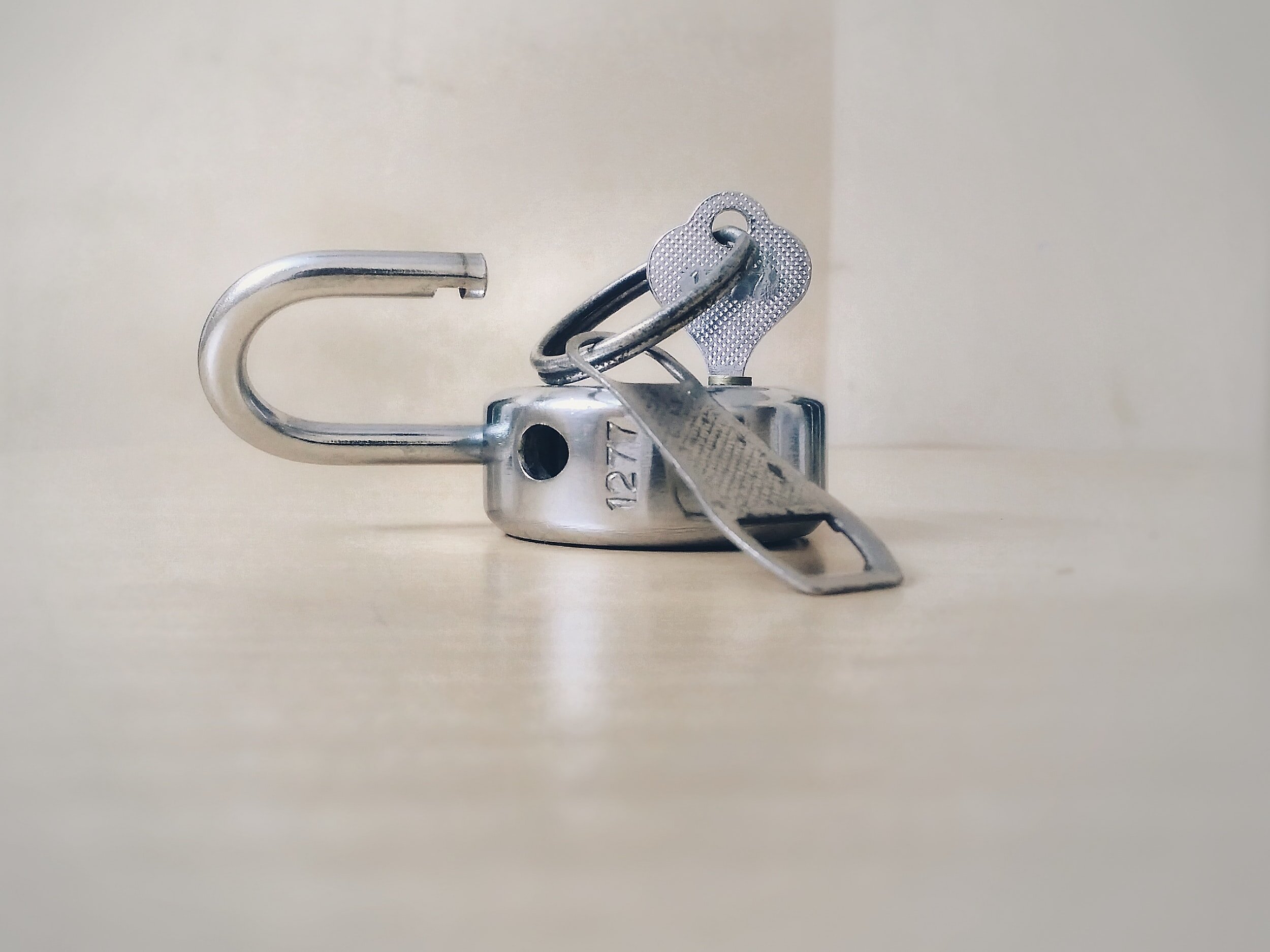
Misdemeanor Diversion
Misdemeanor Diversion
Legislation was recently passed which provides for a diversion program for many misdemeanor charges. This new misdemeanor diversion law gives superior court Judges the authority to offer a diversion program to a person charged with a qualifying misdemeanor. This is significant because in the past, diversion could only be approved by the District Attorney’s office, and they often opposed diversion. So, the Judge can order diversion even if the prosecutor handling the case objects.
How Does Diversion Work?
A diversion program provides an alternative to criminal prosecution. Instead of the defendant going through a trial, a judge may "divert" the case and order the defendant to complete specific terms, conditions, and programs. These are typically activities such as attending AA meetings, doing community service and of course staying out of trouble during the term of diversion. Through diversion, the Judge can continue the case, for up to two years. Usually this is a 1 year term. During that time, the defendant is required to comply with all orders. If they successfully complete the diversion program, the case against them will be dismissed.
Successful completion of a diversion program includes:
Completing all court-ordered conditions
Paying restitution to the victim
Complying with protective or stay-away orders
Complying with orders prohibiting firearm possession (if applicable)
If the defendant violates any of the terms of their diversion program, the court will hold a hearing to determine whether such violation occurred. If it finds that the defendant did not adhere to program conditions, their case will recommence.
Before the new law took effect, each county determined whether an alleged misdemeanor offender was offered a diversion program. allows this to happen statewide.
Does the Diversion Program Apply to All Misdemeanors?
A judge may offer the diversion program to defendants charged with a wide range of offenses.
Misdemeanors to which diversion applies include, but are not limited to:
Assault
Carrying a concealed firearm
Alcohol related offenses.
Petty theft charges
Although this new legislation covers several misdemeanor crimes, there are still some for which a judge may never offer the diversion program.
These include:
Offenses requiring sex offender registration
Injury to a spouse or dating partner
Battery
What Are the Effects of Completing a Diversion Program?
The effects of successfully completing a misdemeanor diversion program are many. They have both immediate and long-term impacts. As far as immediate effects go, they include avoiding a costly, lengthy, and contentious trial. A criminal conviction results in fines from the court. Diversion typically does not result in a fine, thus saving you hundreds if not thousands of dollars.
Long-term, successful completion of a diversion program allows the defendant to avoid having a criminal record. After the defendant meets all court-ordered conditions, the case against them is dismissed. This means that the arrest will not show up as a conviction on the individual's criminal record. They can lawfully say that they have never been convicted of the crime for which they were placed in the diversion program. This can save you points on a DMV record. Also, no employment, benefit, or licensing decision may be solely based on the arrest.
Being free of a criminal record has many positive implications. Having an arrest or conviction show up on a background check can make it difficult for a person to find a job or a place to live, making it hard for the individual to become a productive member of society. If the individual does not have a criminal record, they will not face these hurdles.
It must be noted, though, that even if the individual completed a misdemeanor diversion program, the Department of Justice can still access the arrest information if the individual applies for employment as a peace officer. Also, if one is directly asked during the hiring process about past arrests, one must answer that they have been arrested, but the case was dismissed.
This new law is an excellent option for many people looking at a criminal conviction. Our firm would write up a motion and argue your case to request diversion. Feel free to call us for further information .
